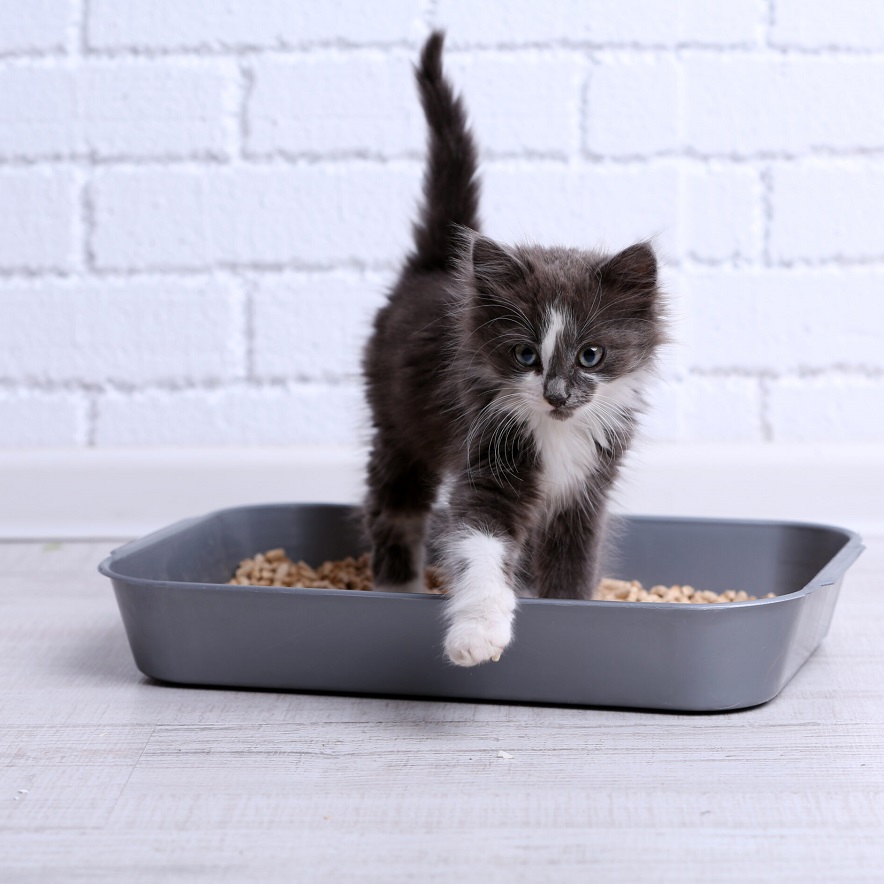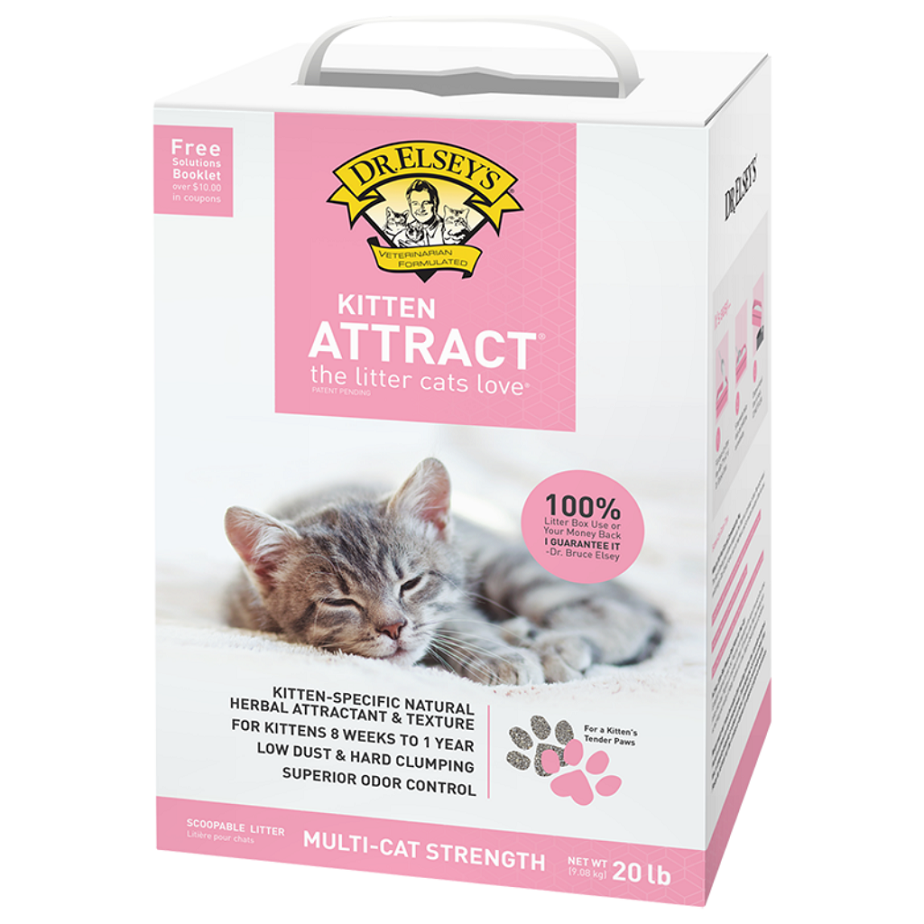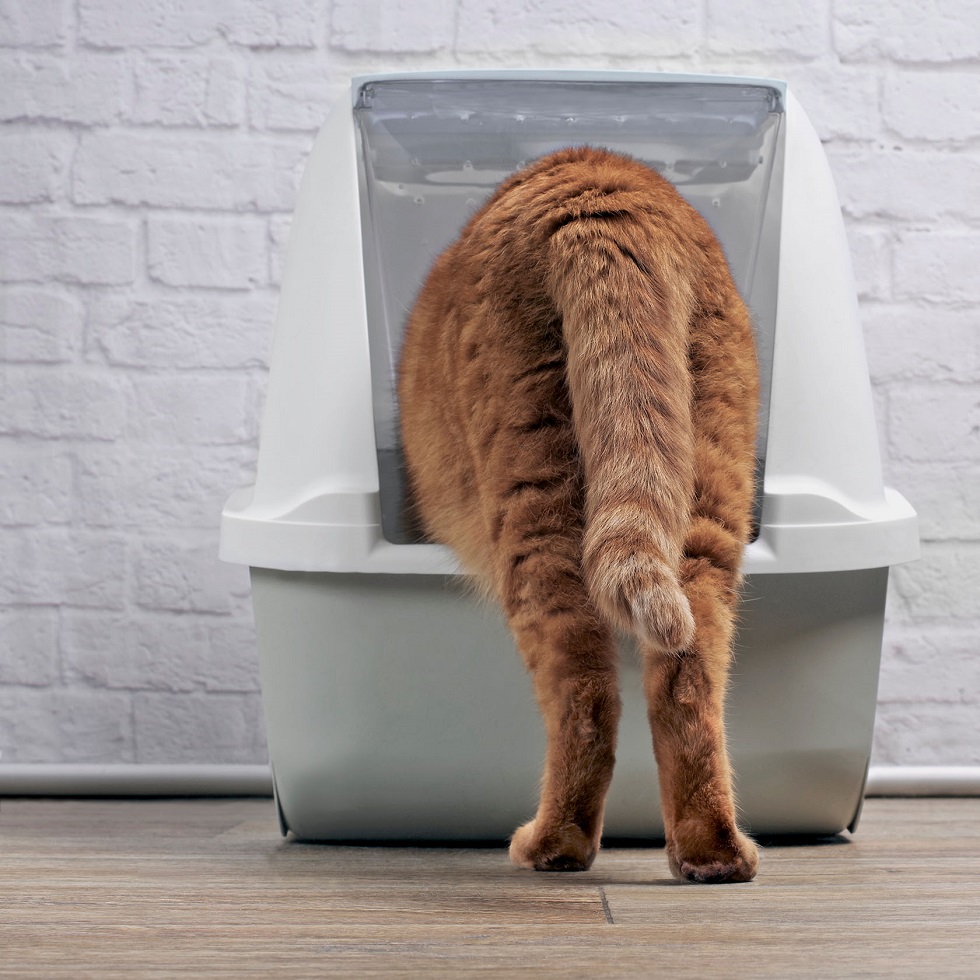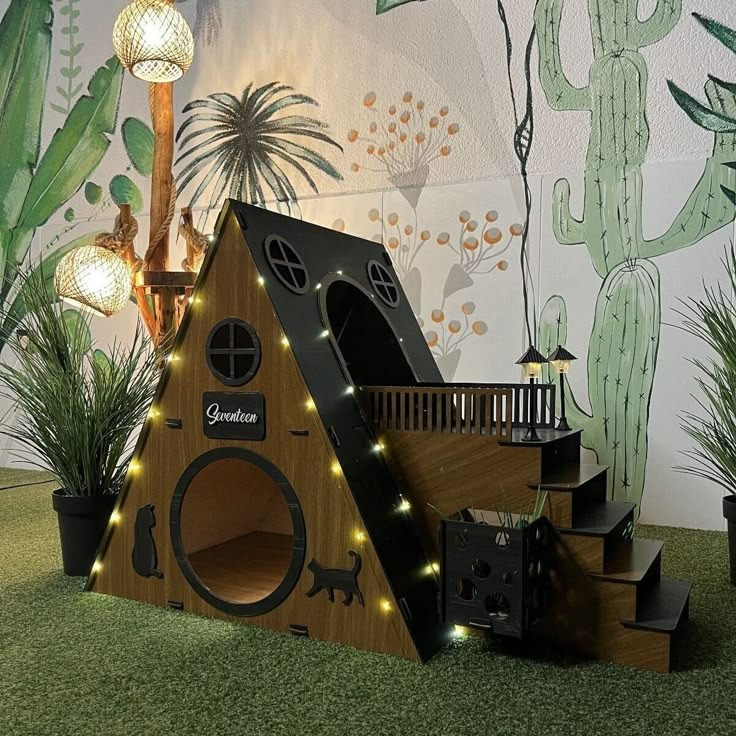Understanding Why Cats Eat Litter
Cats might try eating litter out of pure curiosity. Quite often, kitties explore their world by tasting it. Young kittens learning about solid foods could mistake the cat litter for a new type of food. It’s essential to watch them and use a safe, non-clumping litter during this stage to prevent harm. Adult cats, too, might nibble on litter, especially if it’s made from natural materials like corn or wheat. They may find the scent and taste similar to food.
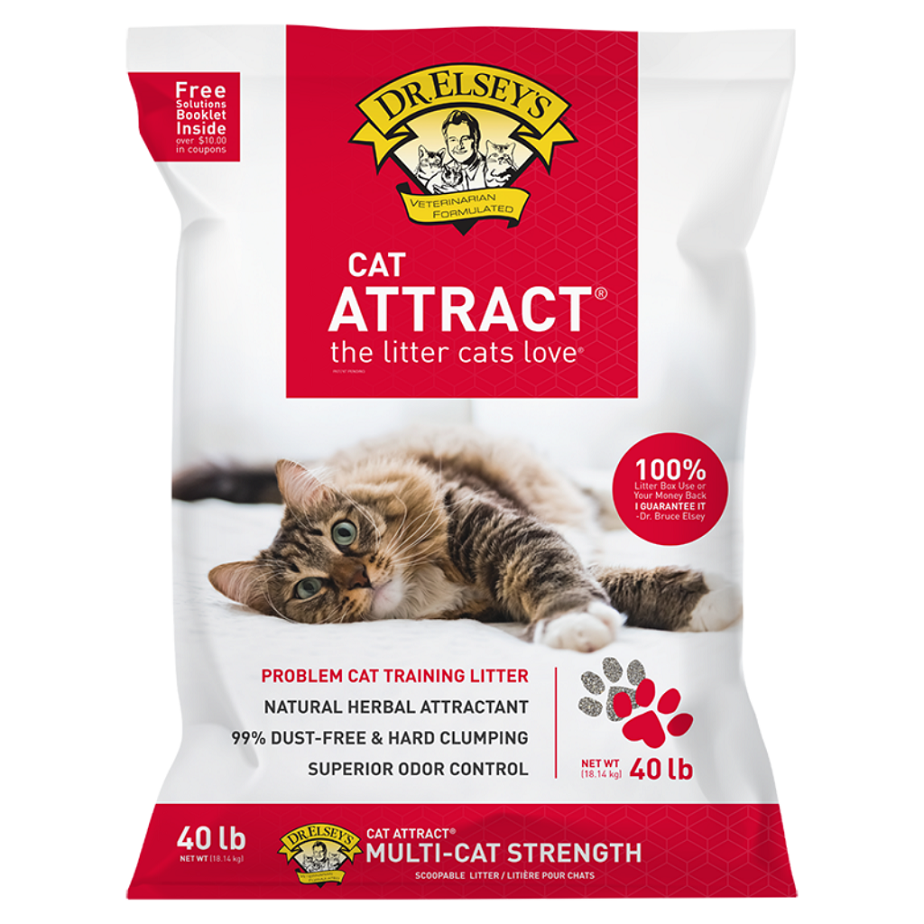
However, this unusual habit might signal health problems. It’s important to stop your cat from snacking on litter and see your vet. Eating litter could cause blockages or constipation due to the indigestible nature of the material, especially with clumping litters. Sodium bentonite, used in these litters, swells up and could cause issues if ingested.
Litter eating sometimes points to a dietary imbalance. Cats lacking certain nutrients might eat litter if it smells or tastes like food, hoping to satisfy their needs. Also, a behavior called pica, where non-food items are ingested, can indicate underlying health issues such as anemia or kidney disease. If your cat habitually eats litter, a comprehensive vet check-up is crucial.
Beyond health concerns, boredom can lead to litter eating in cats, just as with humans. A lack of stimulation might make your cat turn to the litter box for activity. Providing more playtime can help curb this undesirable behavior.
Understanding these potential reasons your cat eats litter is the first step in addressing the issue. It’s wise to take this behavior seriously and investigate the cause to ensure your beloved pet stays healthy and happy.
The Health Risks of Litter Ingestion
Cats eating litter face serious health risks. It’s not normal or safe.
Signs and Consequences of Litter Ingestion
When a cat eats litter, watch for troubling signs. These include vomiting, lack of appetite, and difficulty using the bathroom. These symptoms can mean your cat has an intestinal blockage or constipation, risks linked to litter ingestion. Over time, clumping litter can form hard masses in a cat’s digestive system. This can lead to painful obstructions. Cat owners should also be aware of possible contamination in litter. If litter isn’t stored right and gets damp, toxic substances like aflatoxins can grow. These are very harmful if a cat eats them. Immediate vet care is needed if you notice any changes in your cat’s behavior or health.
Nutritional Deficiencies and Pica
A cat’s diet can push it to eat non-food items. Lacking nutrients, some cats turn to litter. This eating of odd items is called pica. It may show a need for certain minerals.
How Diet Influences Litter Eating Habits
If a cat eats litter, check its diet first. Cats missing key nutrients can crave odd things. They may eat litter for minerals like iron or magnesium. A balanced diet often stops this behavior. To prevent litter eating, offer full nutrition. Check for high-quality food suited for your cat’s age and health. A proper diet can reduce the chances of pica and keep your cat safe from litter’s harm.
Behavioral Reasons Behind Litter Eating
Cats eating litter may do so for behavioral reasons, not just health concerns. Let’s explore how certain behaviors can drive this odd habit and what it reveals about your cat’s needs.
Boredom and Its Impact on Your Cat’s Behavior
Boredom in cats can trigger unusual behavior, including eating litter. Cats need mental and physical stimulation, and lacking it, they might turn to the litter box. A bored cat may experiment with litter out of a desire to find something interesting to do. Kittens especially may play with or ingest litter when they are not provided with sufficient playtime or toys.
To combat boredom-related litter eating, engage your cat in different activities. Introduce new toys to spark your cat’s curiosity. Spend time playing with your cat daily; this can improve their overall well-being and reduce their interest in the litter box as a source of entertainment. Puzzle feeders are also excellent tools to keep your cat’s mind occupied and focused away from litter. Regularly rotating toys and creating a stimulating environment will help keep your cat’s attention on appropriate objects, not litter.
Solutions and Prevention Strategies
To keep your furry friend safe and healthy, here are some strategies to prevent them from nibbling on litter.
Dietary Adjustments and Alternative Litters
Provide a balanced diet. Ensure your cat’s meals are nutrient-rich to curb cravings for litter. Choose high-quality, age-appropriate cat food. If your cat persists in eating litter, switch to a non-clumping, pellet-based type. Non-toxic options help prevent health concerns if ingested.
Check for iron and magnesium. Some cats look for these minerals in litter. A vet can recommend supplements if your cat’s diet lacks these.
Experiment with different litters. If your cat snacks on plant-based litters like corn or wheat, try other materials. Silica or recycled paper might be less appealing to your cat.
Environmental Enrichment for Your Cat
Keep your cat active. Play daily games to sharpen their mind and body.
Introduce new toys. Get different toys to trigger interest and reduce boredom. Puzzle toys are especially good for mental stimulation.
Offer chewing alternatives. Provide safe items like cat grass or catnip. This can satisfy your cat’s need to chew.
Create a fun habitat. Set up cat trees, scratching posts, and hideouts. These changes encourage exploration and play, diverting attention from litter.
Hopefully, these tips will help discourage your cat from eating litter. But if the habit continues, it’s time to see the vet.
When to Consult a Vet
Knowing when to seek a vet is vital for your cat’s health. If you see your cat eating litter, watch its behavior closely. Look for changes or signs that suggest discomfort or illness. If the eating of cat litter persists, despite making changes at home, a vet visit is urgent. Your vet will check for health issues and guide you on how to help your cat.
Recognizing When Professional Help is Needed
It’s time for professional help if your cat shows the following:
- Eating litter repeatedly, even after you’ve tried prevention strategies;
- Signs of distress like vomiting, or changes in bathroom habits;
- Lack of appetite or unusual weight loss;
- Lethargy or less interest in play;
- Any unusual health symptoms that develop after it starts eating litter.
Don’t wait to see if things improve on their own. Early detection can mean a quicker recovery. Take your cat to the vet if you’re unsure about its behavior or health after consuming litter.
The Dangers of Contaminated Litter
Because cat litter can become a snack for some cats, keeping it clean is vital. Contaminated litter poses serious threats to cats, such as the risk of ingesting toxic substances. If a cat eats litter that’s not stored properly, it may consume harmful pathogens, which can lead to severe health issues.
Some types of litter may grow dangerous toxins like aflatoxins when they get damp. This happens if the litter is left open or stored in a high-moisture area for a long time. These toxins can cause illness or even death in cats, so it’s crucial to handle and store cat litter with care to prevent contamination.
Improperly stored litter not only poses a chemical risk but may also harbor harmful bacteria. Once ingested, these can impact a cat’s digestive system, causing acute distress or chronic health problems. Given that some cats might ingest litter out of curiosity or due to underlying health issues, ensuring that all litter in the home is free of contaminants is a must-do for all cat owners.
How to Properly Store Cat Litter
Storing cat litter correctly helps to keep it safe for use and reduces the risk of it becoming a hazard. Here are some key steps to store your cat litter properly:
- Keep litter in a dry place. Moisture can lead to mold and toxin development.
- Always reseal the litter bag tightly after use, or use a container with a secure lid.
- Place litter away from high-traffic areas to prevent contamination through dust or dirt.
- Use up open bags of litter within a reasonable time frame to avoid prolonged exposure to air and moisture.
By following these simple storage tips, you help ensure your cat’s litter remains clean and harmless. If you suspect that your cat has consumed contaminated litter or if you observe any signs of illness, consult your vet immediately. Ingesting contaminated litter can have serious consequences for your pet’s health, and a veterinarian can provide the necessary care to help your cat recover.
